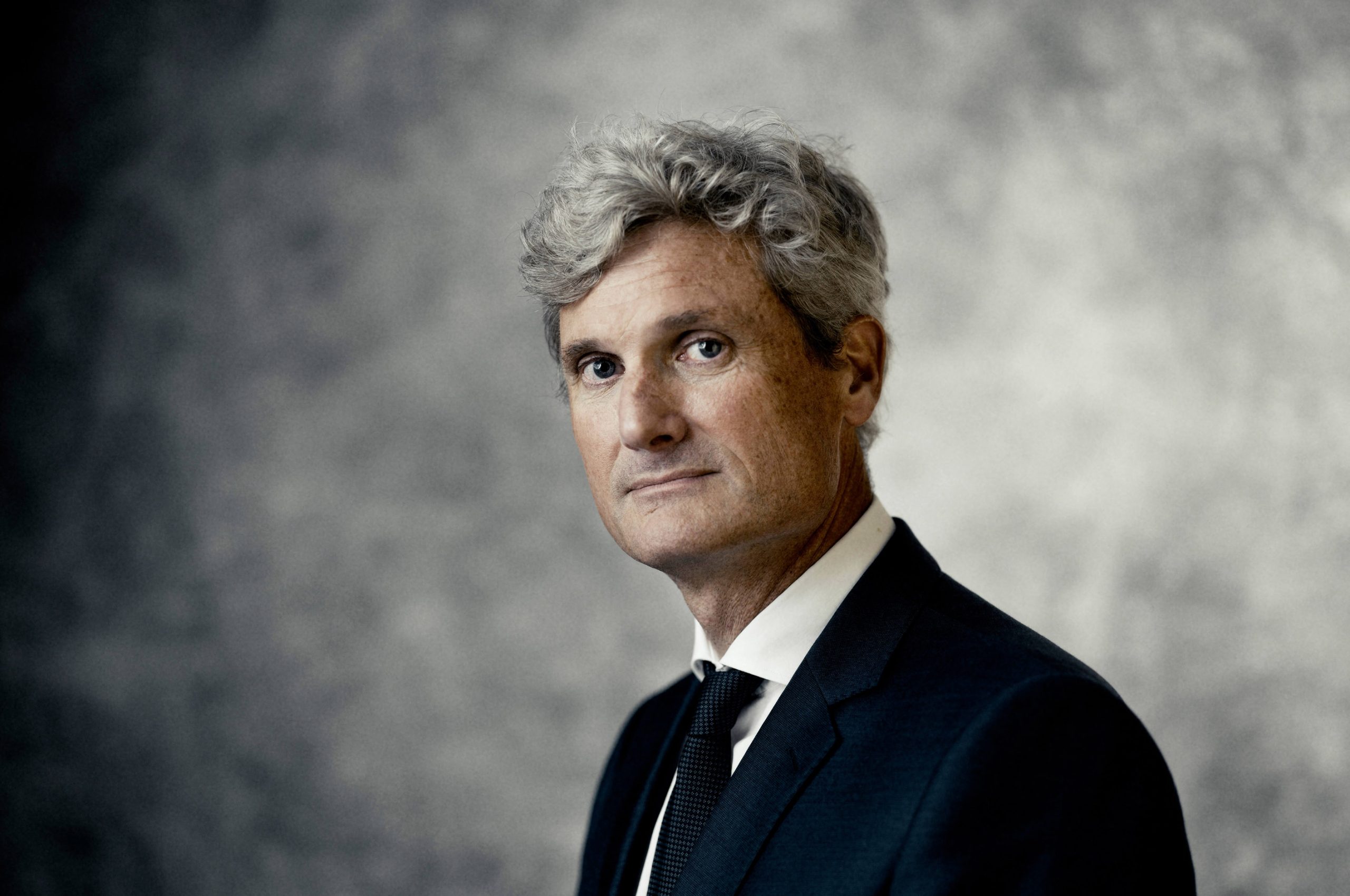Bariven S.A. (“Bariven”) is a subsidiary of the Venezuelan state-owned energy company Petróleos de Venezuela (“PDVSA”). Bariven is primarily responsible for procuring equipment for producing and refining oil and gas. Wells Ultimate Service LLC (“Wells”) is a vendor incorporated in Texas.
Wells had obtained an ICC award (the “Award”) ordering Bariven to pay USD 11.7 million plus interest and costs to Wells for failing to honour a 2012 contract for the purchase of two “top drives” – large motors used on drilling platforms. One of Bariven’s defences in the arbitration was that under Dutch law, the contract between Wells and Bariven was either void on the ground that it was obtained through corruption and therefore violated public policy, or voidable on the ground that it was obtained through fraud or misrepresentation. The tribunal found that Bariven failed to meet its burden of proof. It considered that although the facts relied upon by Bariven undoubtedly raised questions about Wells’ conduct, they did not constitute ‘clear and convincing’ evidence that corruption had occurred. The tribunal also found that even if the contract was procured by corruption and the contract was void or voidable, Bariven still had to pay the contract price of the goods that Wells delivered under Dutch law. Accordingly, the Hague-seated tribunal ordered Bariven to pay Wells the purchase price for the top drives.
In July 2018, Bariven applied to The Hague Court of Appeal to set aside the Award on the ground that it violated public policy by condoning corruption. Wells argued that the Award cannot be contrary to public policy because under Dutch law, agreements procured through corruption are merely voidable, not void. The Hague Court of Appeal disagreed and considered that a contract is deemed to be so closely connected to corruption that giving it legal effect violates public policy if its conclusion was influenced by corruption, and it would not have been concluded, at least not on the same terms, without corruption. The Hague Court of Appeal believes that given the evidence of corruption put forward by Bariven, upholding the arbitral award “would be irreconcilable with public policy”.
On 16 July 2021, the Dutch Supreme Court reinstated the arbitral award in the Wells/Bariven case and overruled The Hague Court of Appeal’s decision. The Dutch Supreme Court agreed with Wells’ position that Bariven did not submit any grounds against the arbitral tribunal’s obiter dictum in which the tribunal found that even if the contract was procured by corruption and the contract was void or voidable, Bariven still had to pay the contract price of the goods that Wells delivered under Dutch law. The Dutch Supreme Court agreed with Wells that The Hague Court of Appeal mistakenly did not take this fact into account.
The Dutch Supreme Court’s judgment is highly important for the international arbitration community as it confirms the Netherlands to be a very suitable seat for international arbitrations.
Wells was represented by Bart van der Wiel, Dirk Knottenbelt, Thomas Stouten and Remme Verkerk.






